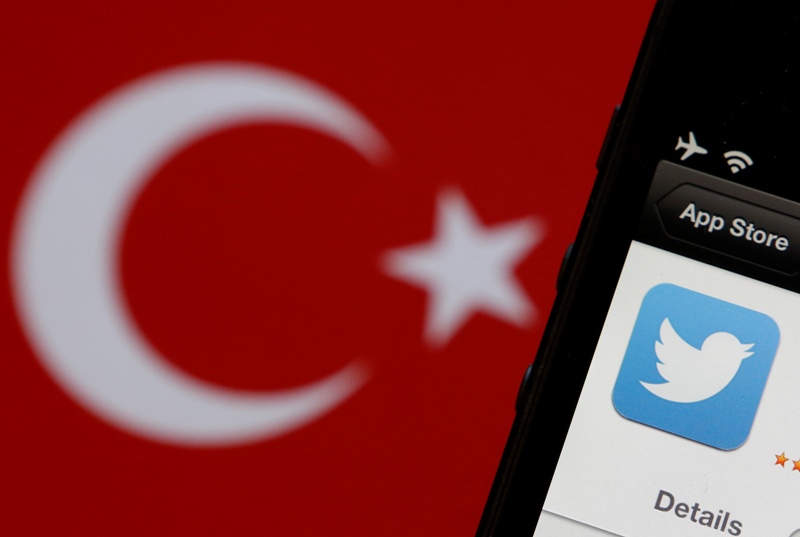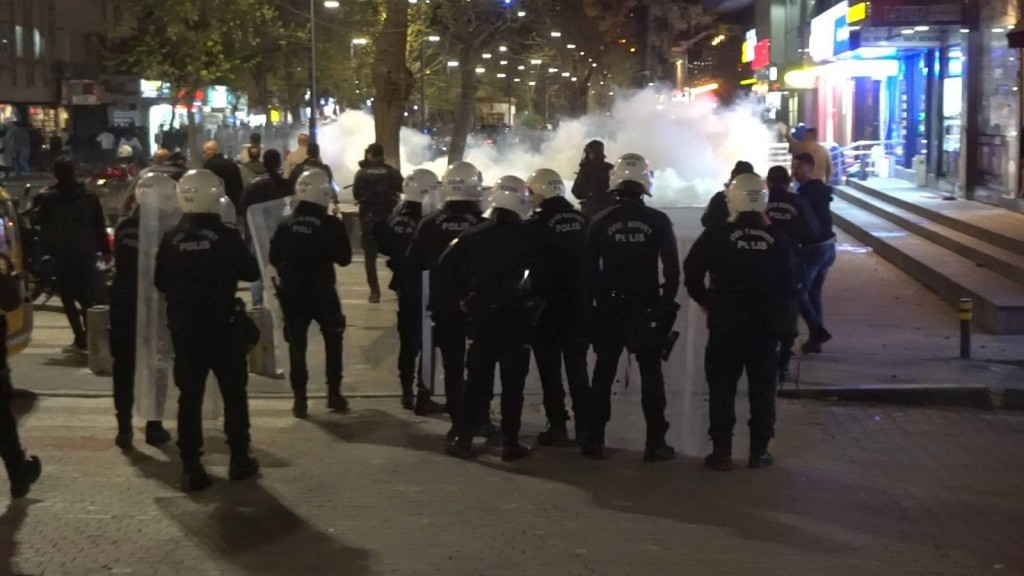But another serious challenge to press freedom is going mostly unreported: online attacks against journalists, including harassment and threats.
According to a recent survey by Pew Research Center, 72 percent of adults in Turkey use the Internet at least occasionally or report owning a smartphone. In addition, the Digital News Report 2015, produced by the Reuters Institute for the Study of Journalism, found that 69 percent of Facebook users and 33 percent of Twitter users in Turkey’s urban areas consider these social networks as a news source. Given the extensive influence of social media platforms in Turkey, smear campaigns and threatening behaviour against journalists therefore have the potential to affect the reporting environment and, consequently, the news that these users receive.
The International Press Institute (IPI)’s On</the>Line project aims to monitor the recurring digital attacks against Turkish journalists and illustrate how this situation harms press freedom in the country. Initial data collected by On</the>Line indicates that an overwhelming share of the attacks are directed at women journalists. Three leading women journalists interviewed by IPI confirmed this trend and explained their view that the hostile approach toward women journalists corresponds to sexism and gender equality in all aspects of Turkish society.
For the celebrated CNN Türk anchor Nevşin Mengü, who has 188,000 followers on Twitter, far-right ideas embraced by upper echelons of the political landscape embody rampant sexism. “A woman who speaks out, who is vocally critical, is not something they can easily take,” she says.
Ceyda Karan, who has 221,000 Twitter followers, and who is a seasoned foreign affairs commentator and a vehement critic of the Turkish government’s Syria policy, echoed Mengü. “The [online] attacks are closely linked with the overall situation induced by the political surroundings”, she explains. “A woman who can question is not tolerable.”
Istanbul-based Selin Girit, a reporter for BBC News who has 87,000 Twitter followers, was persistently targeted online following her coverage of the 2013 Gezi Park protests. She, too, draws a similar conclusion. “Maybe they think that we [women journalists] are a much easier target to intimidate,” she says. “But, no, it is not effortless to bring us down.”
All three journalists emphasise that the threats, harassment, insults and abusive behaviour they face on social media come mostly from organised campaigns. Even the insults – many of which are sexual in nature – are copied and pasted by various accounts, they say.
Karan strongly rejects the assumption that the attacks have an effect on her reporting by contributing to self-censorship. “I have always been a stubborn person, so it’s absolutely the opposite: the attacks motivate me to do my job correctly,” she says.
Mengü similarly dismisses the fear of presumed consequences of the attacks. “They are all bark and no bite,” she comments. “I am not afraid at all.”
For her part, Girit suggested that working for an international news organisation shielded her reporting from such pressures. “If I were working for a national news outlet, possibly I would be jobless already or I would be practicing self-censorship,” she concedes.
Both Mengü and Girit have adopted the tactic of not responding to their attackers. Karan says she sometimes randomly picks out an abusive tweet and retweets it to her followers, explaining: “If some of my followers are disturbed to see such offensive language, well, that’s my aim. This is not even one percent of what I have to face every day!”
Although a recent OSCE report on countering the online abuse of women journalists recommends “strengthen[ing] the capacity of law enforcement agencies … so they can identify real threats to safety and protect individuals in danger”, women journalists in Turkey do not believe that the Turkish justice system will be on their side.
None of the journalists interviewed has made an official complaint, as they say they lack faith that they will receive due process in court. This deep mistrust of the judicial system and the absence of pressure mechanism to protect journalists online evidently contributes to a culture of impunity for online attacks in Turkey.



